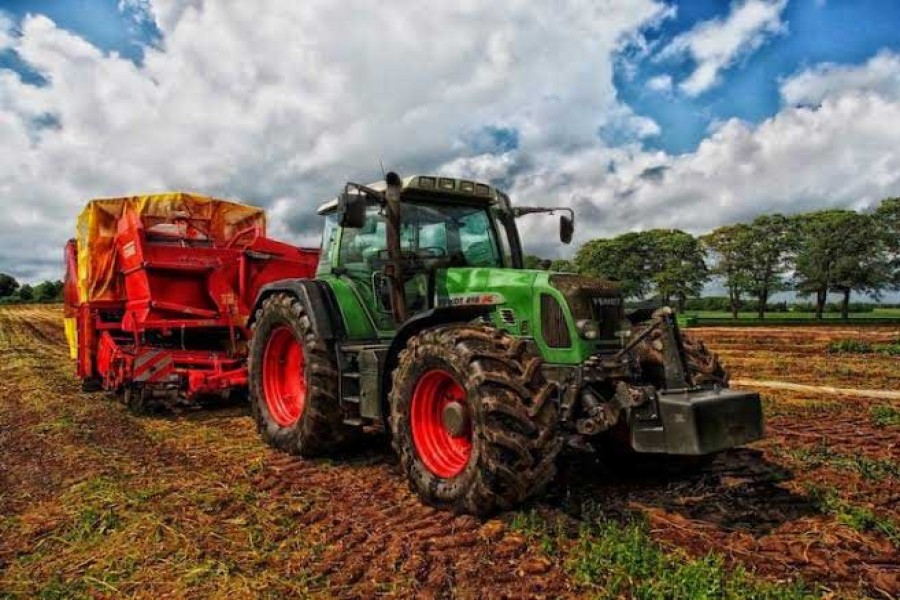Farmers are not getting fair price for their newly harvested Aman paddy although the retail markets saw rice prices go up by Tk 4.0-6.0 a kg over the last few days.
The sudden upturn in rice prices came at a time when farmers are struggling to recoup their investment in Aman cultivation, as the paddy now sells at a price much below the production cost.
Millers attributed the surge in rice prices to declining supply of Boro paddy and the government's announcement to procure big volumes of Aman paddy and rice.
Most farmers are now feeling discouraged to go for further cultivation of paddy. Leading economists and market analysts have expressed their fear that low prices of paddy during the current Boro season could, in the long run, pose a threat to national food security.
The government appears to be a bit worried that farmers are not getting fair prices. The Agriculture Minister himself admitted the fact. However, the Prime Minister instructed the ministries concerned to take steps to address the problem.
There is no denying that the depressed peasantry may go for alternative cultivation if the situation does not improve. The point is: if farmers don't get due incentives from cultivation, they will lose interest to grow paddy.
In the short term, low prices will create a financial crisis for farmers which will also create livelihood problems for many. The government should incentivise farmers to help them overcome this ongoing crisis.
There should be immediate government intervention like expediting paddy procurement and expanding the budget to bring more farmers under the procurement net.
If the farmers go for alternative cultivation, it will create supply constraints in future. High production costs are also a major factor. So, the government should concentrate on paddy cultivation through steps to enhance productivity.
In order to discourage rice import and save the local peasantry from financial loss, the government hiked the regulatory duty (RD) to 25 per cent from the existing 3.0 per cent last week. Rice importers will now pay a total of 55 per cent duty and tax comprising 25 per cent customs duty, 25 per cent RD and 5.0 per cent advance income tax (AIT). Earlier, the rate of duty and tax was 28 per cent.
Paddy prices at farmer's level have, in fact, fallen sharply due to bumper Boro yield this season. The Boro farmers are counting losses to the tune of 40-60 per cent. In recent weeks, many poor farmers went to hold protests against low prices of their produce.
Market watchers say the paddy prices this season are unusually low though rice prices at the retail level have remained unchanged. Besides, procurement of rice and paddy at the field level by the government has started late, leaving a negative impact on paddy prices.
Finance Minister AHM Mustafa Kamal said the government would try to export rice, if needed, by subsidising farmers to offset the price fall. Rice imports can't be banned and it won't go to the banned items' list. "We'll do it through fiscal and monetary measures," he added. The minister has categorically said the government would have to save farmers as they are the lifeline for the country. If farmers are not protected, they would cease to produce crops. It's a disgrace to the government and the people.
About the use of farm machinery, there is the need for greater awareness on the part of the farmers so that they can use modern machinery in farming and harvesting. The government should do everything to facilitate the use of modern agro-equipment.


